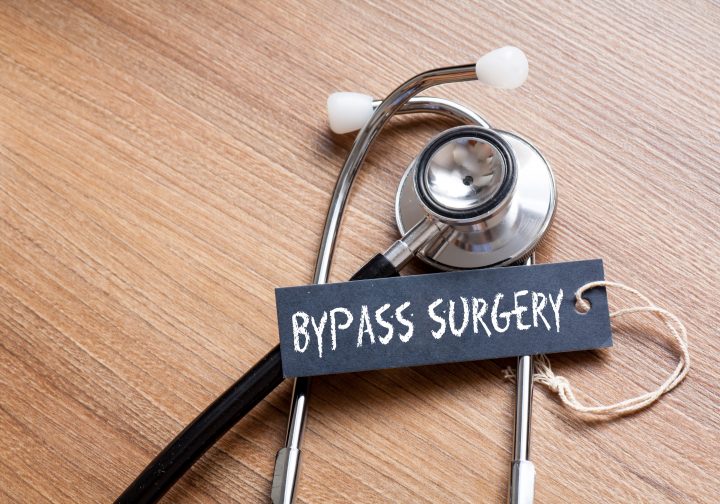
What is Bypass Surgery?
Bypass surgery or technically known as the Coronary Artery Bypass Grafting is one of the most commonly performed major operations all across the world. This surgery is advised for selected groups of patients with significant narrowings and blockages of the heart arteries. In this operation, the surgeon uses a portion of a blood vessel from patients leg, arm or chest to bypass a narrowed section of a coronary artery. If anyone diagnosed with coronary heart disease, the doctor might suggest a bypass operation which creates new routes around narrowed and blocked arteries, allowing sufficient blood flow to deliver oxygen and nutrients to the heart muscle that will help to improve the blood supply to the heart muscle.
What happens during bypass surgery?
The Arteries get narrowed when fatty deposits build up on the inner walls of arteries. The ultimate aim of bypass surgery is to bypass the narrowed sections of coronary arteries. A surgeon removes a blood vessel, called a graft from another part of the body, like chest, leg, or arm and attaches one end of it to the aorta, the large artery that comes out of your heart. Then, attach the other end to an artery below the blockage. The graft creates a new route for blood to travel to your ticker. If the patient has multiple blockages, the surgeon may do one or more bypass procedures during the same surgery.
What happens after bypass surgery?
After Surgery, the patient will be moved to intensive care for close monitoring until wake up. Once the condition is stable, will be moved to the cardiac ward.
What are the benefits of doing bypass surgery?
Most people get excellent relief from chest pain and improved quality of life.
What are the possible risks in doing it?
The risks of heart bypass surgery are different from each other, depending on the severity of heart disease, type of operation, age, and current health conditions.
Some of the possible risks include,
- Fever
- Heart attack
- Infection and bleeding at the incision
- Memory loss
- Pain
- Reactions to anesthesia
- Stroke
How long it takes for recovery?
The patient should be out of bed in a day or two and return home after a week, with complete recovery after two or three months depending on fitness&age.
After a heart bypass operation
The rehabilitation staff in hospitals will talk to the patient about making lifestyle changes and how to reduce risk factors to help protect the heart in the future. Once recovered, The patient will be able to be more active and will have a lower risk of getting a heart attack. Best of all, the surgery can add years to life.
Bypass Surgery is not a complete cure – so it’s important to look after your heart health long term.
